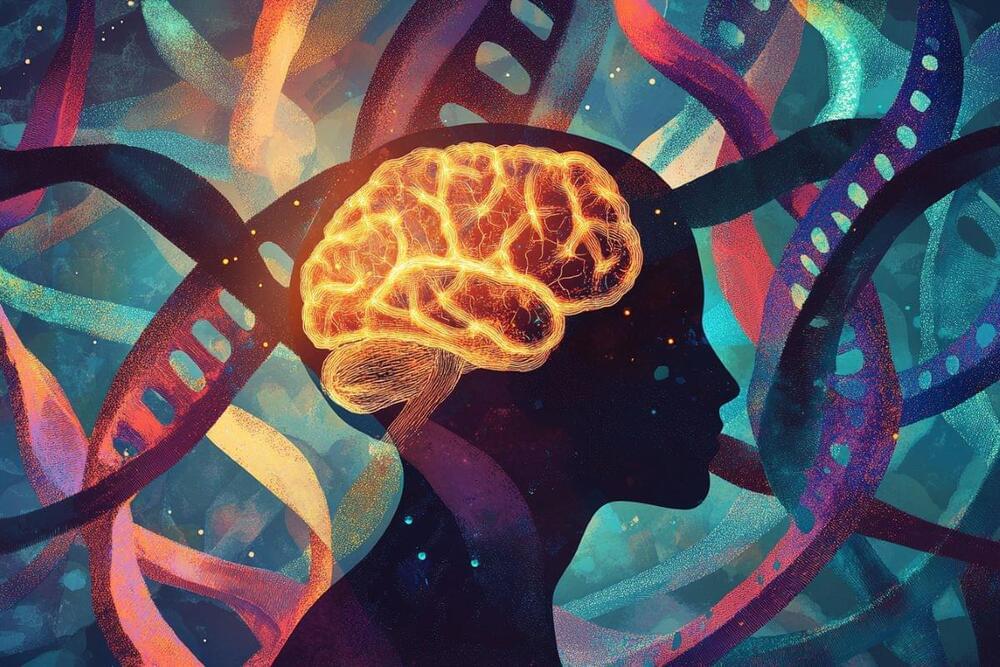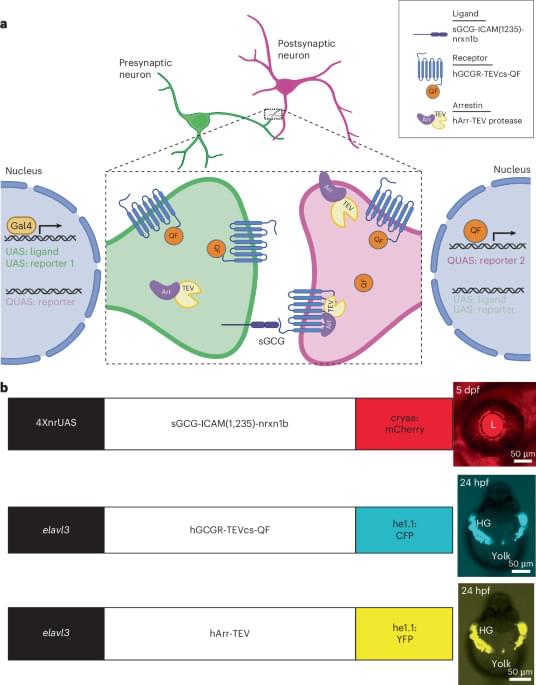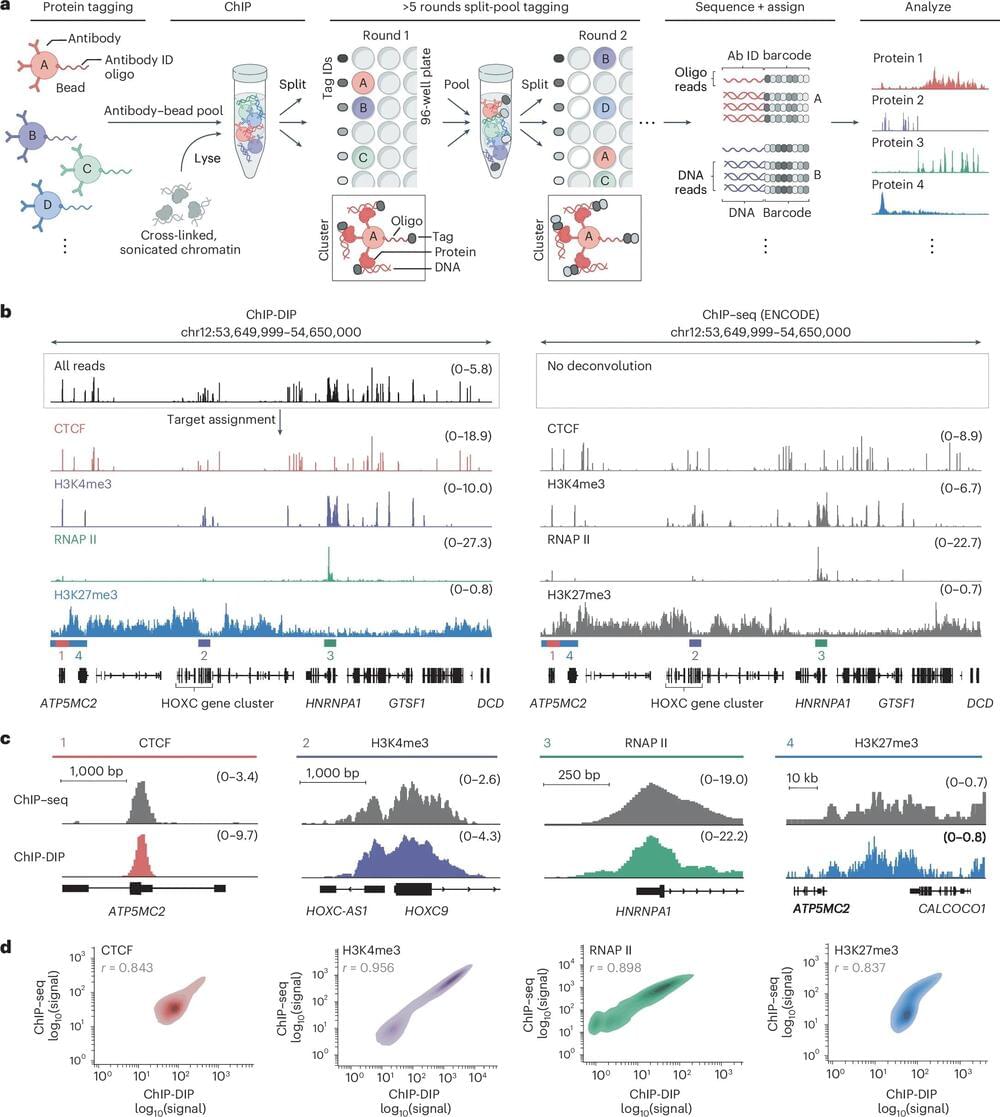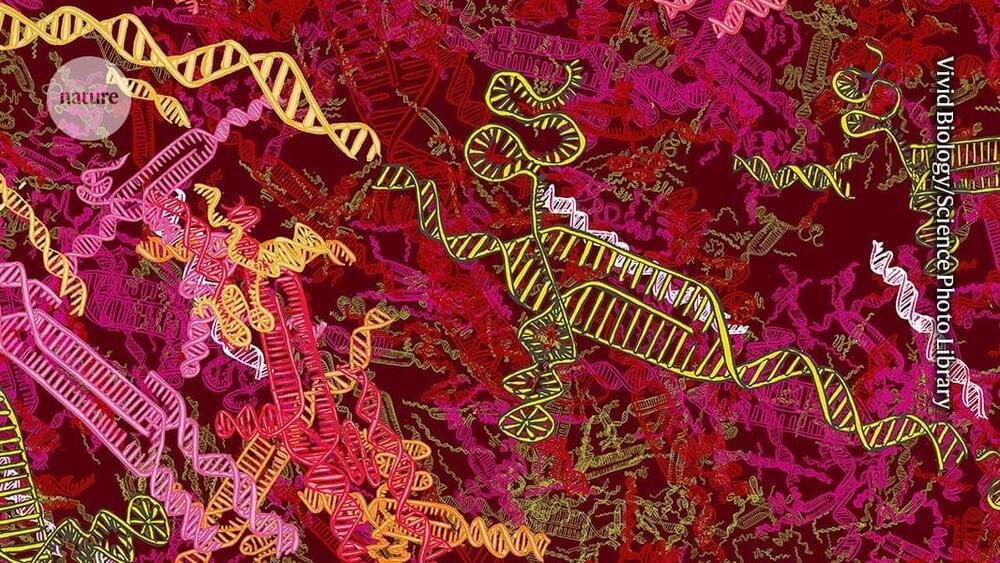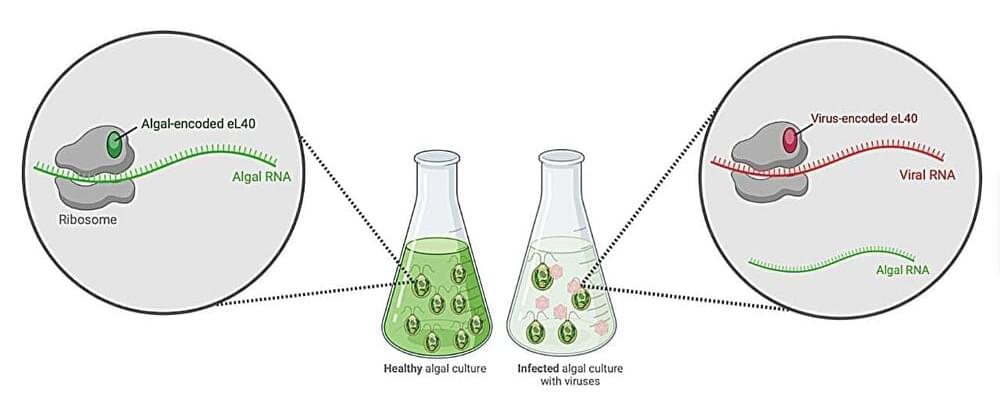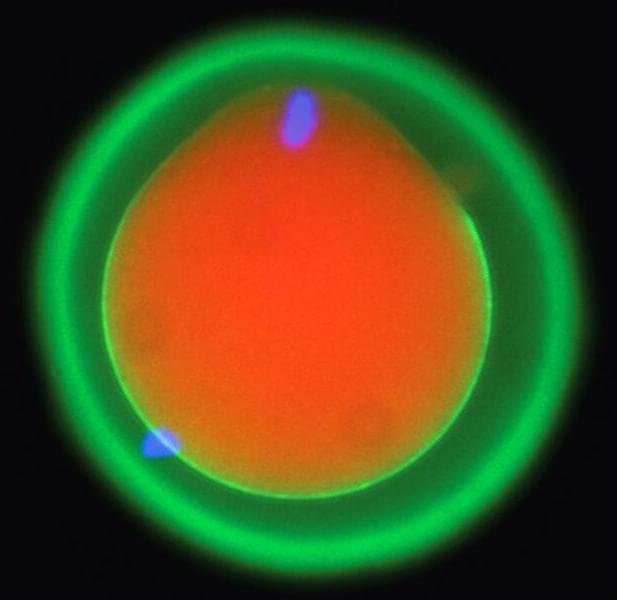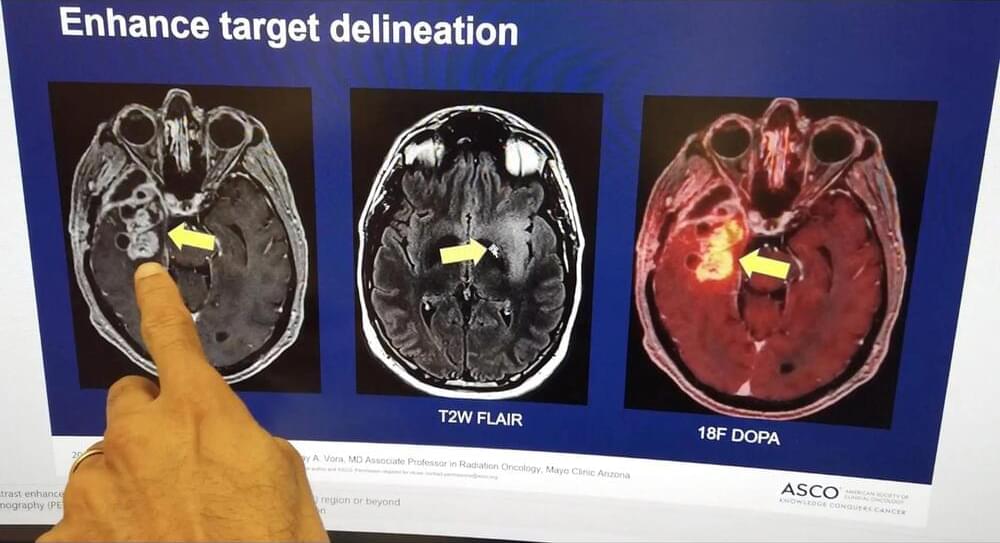Dec 19, 2024
New Genetic Link to Autism Identified on X Chromosome
Posted by Genevieve Klien in categories: biological, genetics, neuroscience
Summary: Researchers identified variants in the DDX53 gene, located on the X chromosome, as contributors to autism spectrum disorder (ASD). These genetic variants, found predominantly in males, provide critical insights into the biological mechanisms behind autism’s male predominance.
The study also uncovered another potential gene, PTCHD1-AS, near DDX53, linked to autism, emphasizing the complexity of ASD’s genetic architecture. This research highlights the importance of the X chromosome in ASD and opens avenues for more precise diagnostics and therapeutics.
Continue reading “New Genetic Link to Autism Identified on X Chromosome” »
